In memory: Celebrating the life of Bacha Khan on his 27th death anniversary
The unapologetic peacenik will always be remembered for his non-violent movements
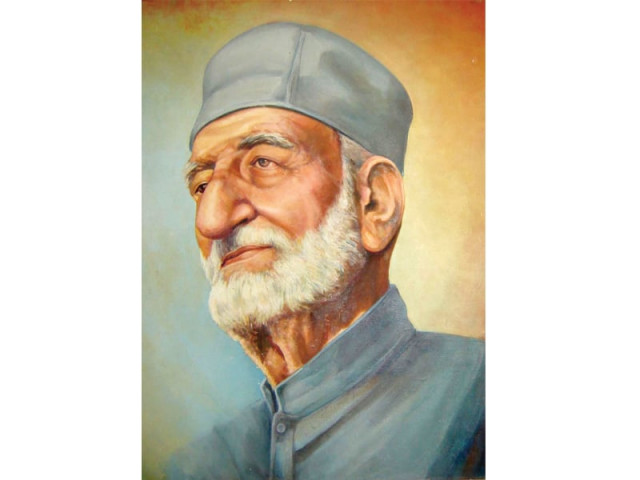
Khan Abdul Ghaffar Khan. PHOTO: FILE
Like the situation Pakistan is facing today, Afghanistan too was passing through a transitional period at the time of Bacha Khan’s death in January 1988. The late Afghan President Dr Najibullah had declared National Reconciliation along with asking the former Soviet Union to recall its troops from Afghanistan. Much about the same time both rivals, the USSR and USA, were busy giving final touches to the Geneva Accord. The accord was signed in April 10, 1998 by Pakistan and Afghanistan, paving the way for Soviet troops to pull out from Afghanistan.

At present, US-led allies completed their field operation against militants in Afghanistan. The Afghan government itself is engaged in strengthening and establishing its writ in the war-devastated country. Most importantly, Pakistan and Afghanistan, together emerging from a trust deficit against each other, are now engaged in evolving a strategy for combating the recent trends of extremism and terrorism, which affect both countries equally.
The ongoing trend of violence is considered to be a continuation of the process which erupted with changes in the last quarter of the 1970s. Bacha Khan was in Kabul when progressive-minded elements from Afghanistan headed by Noor Muhammad Taraki succeeded in a communist coup with support from the former Soviet Union. In the wake of the April 27th, 1978 coup also known as “Saur Revolution,” the rulers made a mind for its forcible “success or implementation.” However, Bacha Khan was the lone person who had opposed such a strategy, suggesting the then rulers to go ahead tactfully and politically with their objectives instead of talking with guns and bullets.
Before the communist coup in Afghanistan, Bacha Khan had also opposed his son Khan Abdul Wali Khan and his followers’ act of embarking on an armed resistance against the government of Zulfikar Ali Bhutto. The hostilities between the Bhutto regime and Wali Khan reached their peak with a firing incident at Liaquat Bagh, Rawalpindi on March 23, 1973, which caused the loss of lives of a large number of youths on both sides. Hundreds of nationalist fanatics headed by Ajmal Khattak proceeded for Afghanistan to receive military training. Upon arrival in Kabul, Bacha Khan opposed the idea, saying it would be nothing but a futile exercise.
Till his last breath on January 20th, 1988 Bacha Khan had maintained his faith and belief in politics of non-violence. Besides opposing politics of resistance and hostility, Bacha Khan initiated his political struggle with propagating education and reforms. He also established the first ever private education system.
Bacha Khan was a firm believer in democracy. He strived for making Pakistan a federation in its true sense with a voice for maximum provincial autonomy and supremacy of Parliament.
Associated as an ally of All Indian National Congress and Jamiat Ulema Hind, Bacha Khan’s Khudai Khidmatgar Movement was counted amongst the liberal-minded political movements. On the grounds of his active involvement in the independence movement, Bacha Khan was also very popular and respected in India. Similarly, he had a large following in Afghanistan as well.
Early on the morning of January 20th, 1998 when Bacha Khan breathed his last at Lady Reading Hospital Peshawar, the then Indian Prime Minister Rajiv Gandhi along with his wife Sonya, son Rahul and daughter Priyanka reached Jinnah Park, Peshawar within a couple of hours, just for a last glimpse of the great politician.
Published in The Express Tribune, January 20th, 2015.

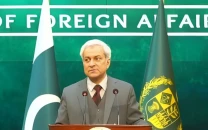

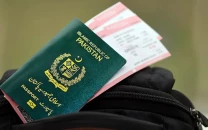
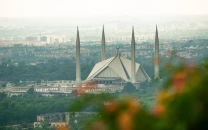
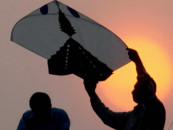





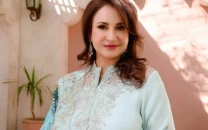
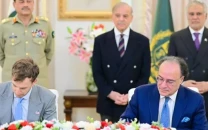






COMMENTS
Comments are moderated and generally will be posted if they are on-topic and not abusive.
For more information, please see our Comments FAQ